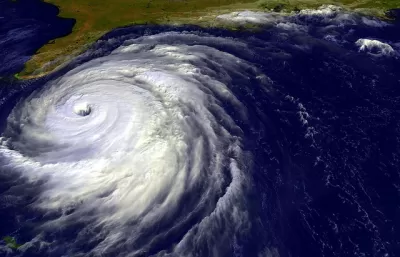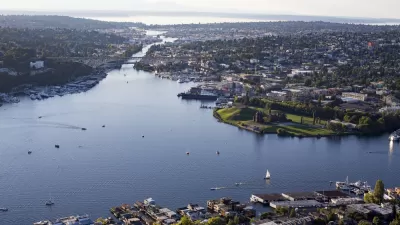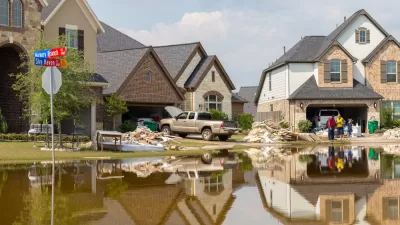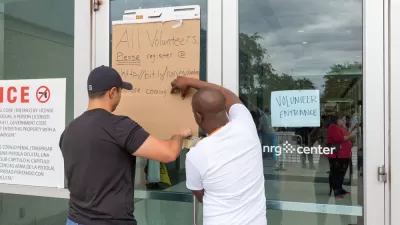Resilience, as such, isn't a problem. But Alex Beam takes issue with the current flood of resilience-related jargon. Can you blame him?

Alex Beam has a problem with "resilience," as in the cottage industry that has sprung up around that concept. "Resilience means the ability to bounce back after adversity," a simple trait that most people, and most cities, possess to a certain degree. But what about the constant talk of resilience, so often turning it into some undefined holy grail in the realm of the public good?
Beam highlights the jargony prose that characterizes resilience-speak, no doubt well-intended but lacking in the common sense department. "[The Rockefeller Foundation] is all in on resilience, with a Global Resilience Partnership, the National Disaster Resilience Competition, and the 100 Resilient Cities program, in which Boston is participating. Among the resilience officers' duties, the foundation's website explains, is 'ensuring that the city applies a resilience lens so that resources are leveraged holistically and projects planned for synergy.'"
The point: resilience may be joining "sustainability" as a word that has been done to death. As Beam puts it, "Resilience talk is just a little too glib, a little too modish, a little too nonsensical for my tastes. Americans seem to me like the least resilient people on earth, obsessing over bathroom access and Twitter wars while one-tenth of the planet starves to death. Starbucks ran out of one percent milk? I'm calling my congressman!"
FULL STORY: What’s all this talk about resilience?

Maui's Vacation Rental Debate Turns Ugly
Verbal attacks, misinformation campaigns and fistfights plague a high-stakes debate to convert thousands of vacation rentals into long-term housing.

Planetizen Federal Action Tracker
A weekly monitor of how Trump’s orders and actions are impacting planners and planning in America.

San Francisco Suspends Traffic Calming Amidst Record Deaths
Citing “a challenging fiscal landscape,” the city will cease the program on the heels of 42 traffic deaths, including 24 pedestrians.

Defunct Pittsburgh Power Plant to Become Residential Tower
A decommissioned steam heat plant will be redeveloped into almost 100 affordable housing units.

Trump Prompts Restructuring of Transportation Research Board in “Unprecedented Overreach”
The TRB has eliminated more than half of its committees including those focused on climate, equity, and cities.

Amtrak Rolls Out New Orleans to Alabama “Mardi Gras” Train
The new service will operate morning and evening departures between Mobile and New Orleans.
Urban Design for Planners 1: Software Tools
This six-course series explores essential urban design concepts using open source software and equips planners with the tools they need to participate fully in the urban design process.
Planning for Universal Design
Learn the tools for implementing Universal Design in planning regulations.
Heyer Gruel & Associates PA
JM Goldson LLC
Custer County Colorado
City of Camden Redevelopment Agency
City of Astoria
Transportation Research & Education Center (TREC) at Portland State University
Jefferson Parish Government
Camden Redevelopment Agency
City of Claremont





























